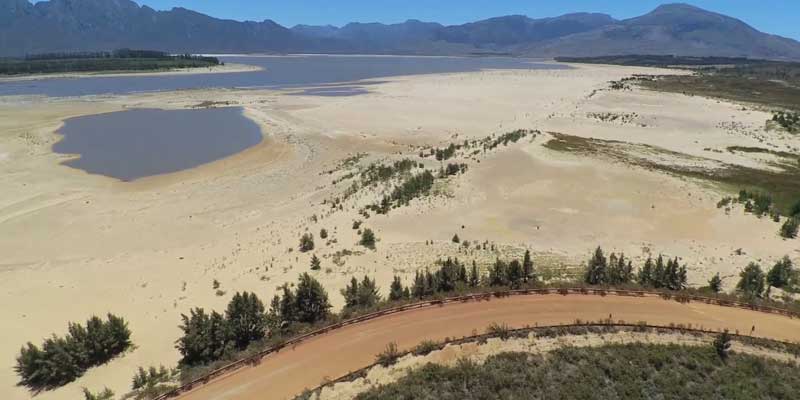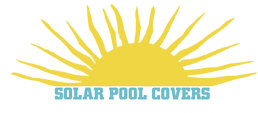13 Feb Water Restrictions Now Even Tougher Than Before
We Must All Adhere to The Water Restrictions In Place at Your Home
Inadequate rainfall, seriously depleted dams and dry hot summer months have raised the need to keep on saving water. To ensure that we have an ample water supply in our dams, enough for everyone living in our province, we all must do what we can to avoid wasting water and obey the water restrictions in place for our homes.
Tougher Water Restrictions Implemented
As a consequence of extreme drought conditions in our province and continuous failure to reach our goal of saving 800 million litres per day on water usage, the Council of the City of Cape Town has implemented tougher restrictions on water usage. As of 1 February 2017 the water restrictions are at Level 3B. Additionally, the non-essential use of potable water is further restricted.
These restrictions were implemented because water usage goals are not being met and the amount of rain we’re getting is sorely inadequate. Level 3 tariffs continue to apply to Level 3B restrictions.
The Democratic Alliance along with other smaller parties voted for these vital new restrictions, however the African National Congress voted against the resolution, which was unfortunate.
Water consumption on average was 80 million litres more than the goal as of 23 January 2017 and the dam levels fallen to 40.4%. When you understand how difficult it is to extract the final 10% of a dam’s water capacity, you realize what a precarious situation we’re in right now.
According to a statement made by the National Department of Water & Sanitation on 6 January 2017, the South African Weather Service predicted that from January through April 2017, it is not likely that we would enjoy above normal amounts of rainfall across the country. They suggested that it could take more than three years to recover our normal dam levels. Therefore, unless we have a significant change in our rainfall patterns and this happens quickly, we have a long road ahead of us to recover our dam levels. They also said that we may be facing one more fairly dry winter.
This is why the City must further intensify our current water restriction measures by urgently proposing Level 3B restrictions. The Magistrates’ Court will most likely approve the 3B fine schedule very soon. As part of the 3B fine schedule, there is a proposal for spot fines to be raised to R5 000.

Photo taken by Mille Foto on 17 January 2017 of Theewaterskloof
A Comparison of Water Restrictions at Level 3 and At Level 3B
| LEVEL 3
Water and irrigation usage (with drinking water coming from the municipal supply) for lawns, gardens, flowers, vegetable gardens and other plants, parks, sports fields and other open fields is allowed only when using a watering can or bucket. Using automatic sprinkler systems or hosepipes is not allowed. There is no restrictions on watering times, but residents are encouraged to limit watering to just morning and evening hours. |
LEVEL 3B
Watering and Irrigation of municipal drinking water for lawns, flowers, vegetable gardens and other plants, parks, sports fields and other open fields is allowed to occur on Tuesdays and Saturdays only, prior to 9am or after 6pm lasting no longer than 1 hour a day per property, using a watering can or bucket only. Sprinkler systems of any type are not allowed nor are hosepipes. |
| No water or irrigation is permitted within 24 hours of any rainfall providing enough saturation. Customers and facilities using boreholes, spring water, treated effluent water or well-points get no exemption. | No water or irrigation is permitted within 48 hours of any rainfall providing enough saturation. Customers and facilities using boreholes, spring water, treated effluent water or well-points get no exemption. |
| Washing vehicles and/or boats (with potable water) is only permitted if using a bucket.
|
No washing (using municipal drinking water) of vehicles and/or boats is permitted at residential, industrial, or business properties. Vehicles and/or boats have to be washed using non-potable water or washed only at a carwash facility. |
Enforcement blitzes on a regular basis will stay in place plus we are preparing to target the 20 000 highest water users within the metro area. They will certainly be advised of the punitive measures that can be taken, likes fines for noncompliance or for installing water restriction devices in the event they do not lower their usage by at least 20%. Most of the high users are homes in upscale residential areas that are known to be consuming 50 kilolitres of water a month. Before water restrictions came into effect, the average household used far less than 1 000 litres a day, which is less than 30 kilolitres a month.
Aside from all these measures, the City of Cape Town is requesting that local residents help them identify culprits so they can be brought to book. You can reach the City by emailing: water.restrictions@capetown.gov.za to report contraventions or for queries. Please provide any evidence you have.

Pingback:Dam levels in Cape Town are now severely depleted | Pool Cover Cape Town
Posted at 11:27h, 11 April[…] increase in water restrictions The areas of high water usage include Althlone, Constantia, Kraaifontein, Lansdowne, Manenberg, […]
Pingback:Swimming Pool Cover Major Benefits | Pool Cover Cape Town
Posted at 09:41h, 18 April[…] when you weren’t covering your pool. If you are living in an area suffering from drought where water restrictions apply, this is a definite benefit. Saves Money There are certain things in life that are worth […]